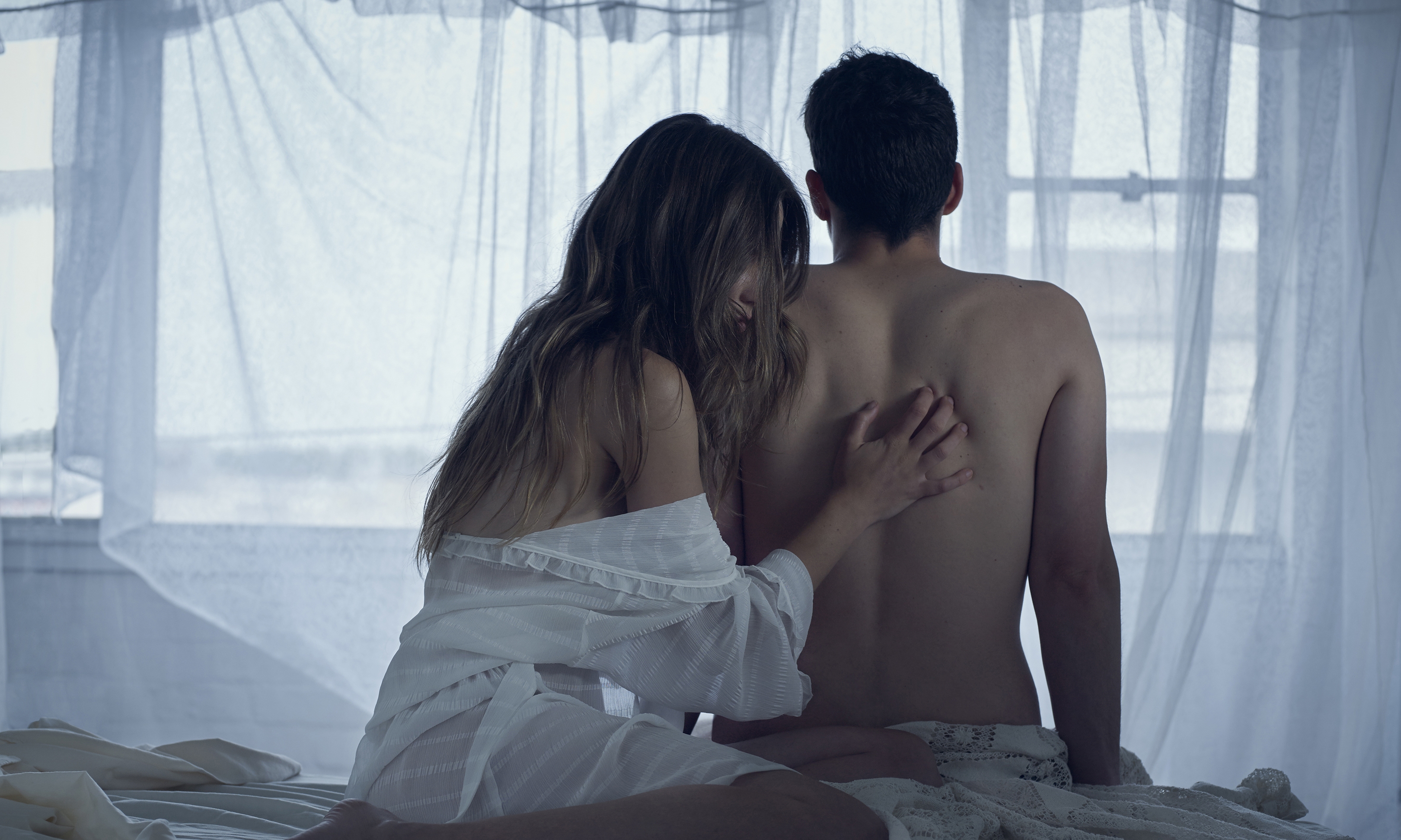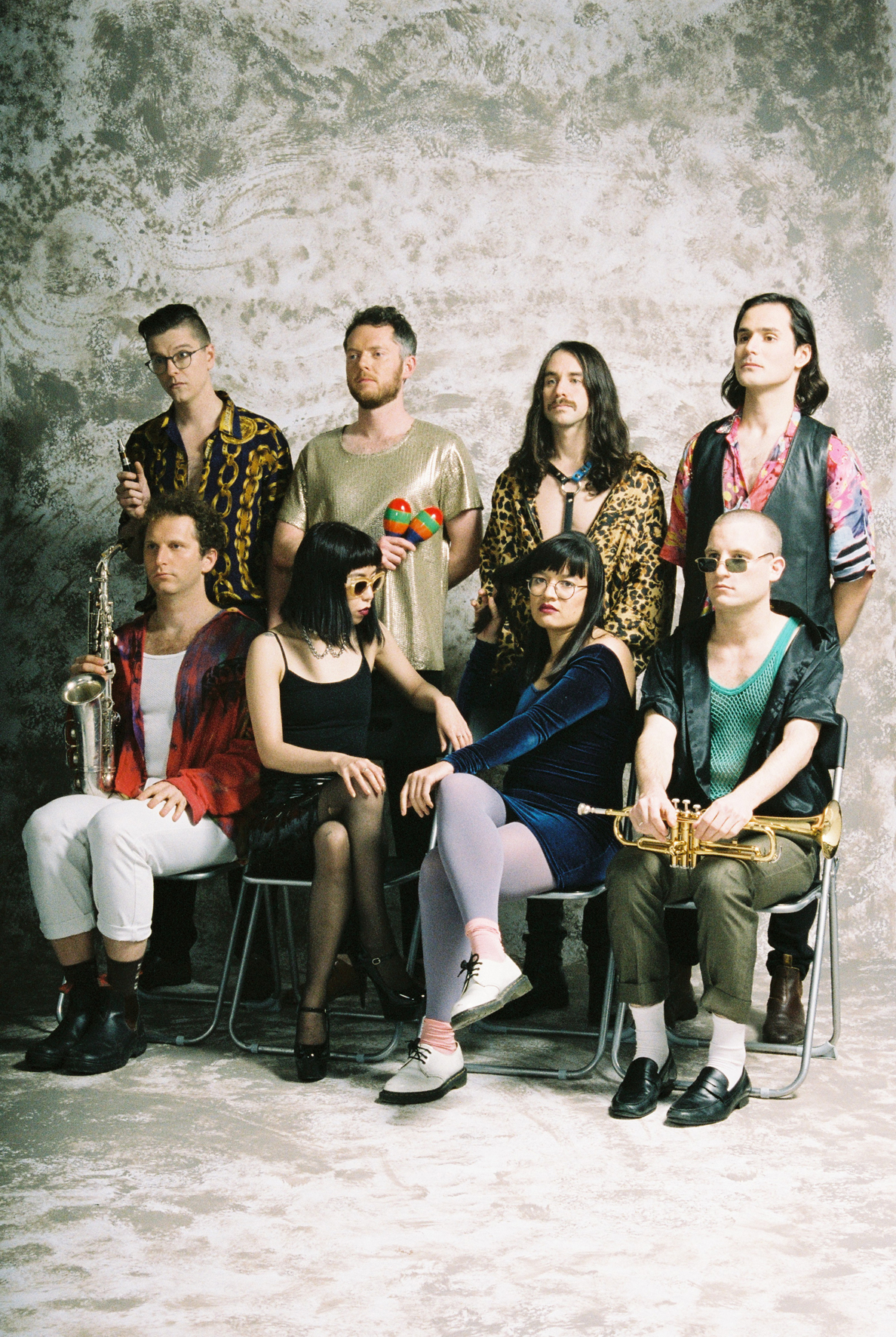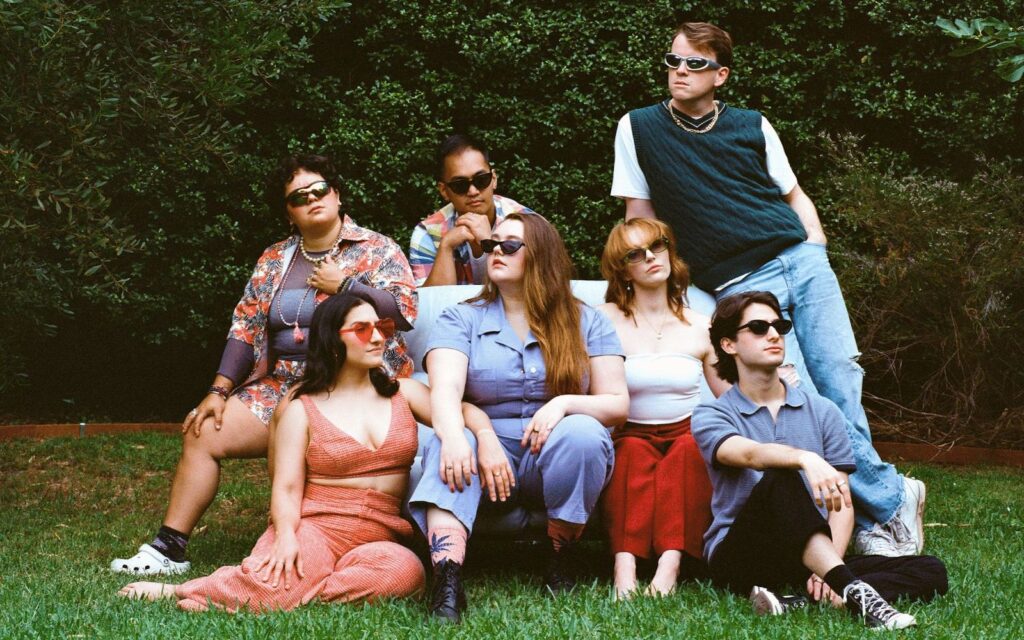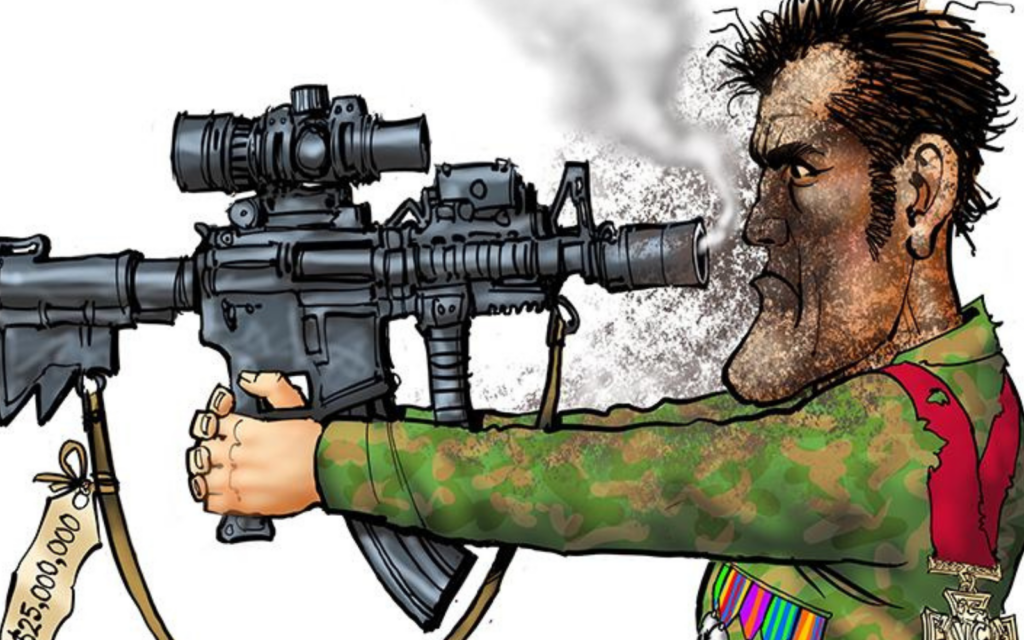“They are ruthless with each other,” notes Winter. “They’re like a young George and Martha from Who’s Afraid of Virginia Woolf. They are both intense humans for different reasons. Miss Julie is monstrous due to her upbringing, and Jean’s ambition is a significant factor – his dreams are of the clearest way to pitch above his station. She’s trapped by gender, and he’s trapped by class. They find a weird portal in each other but they misunderstand each other. As their conversations progress they’re talking about different things; in their arguments – she’s arguing from perspectives of gender and repression; he’s arguing from class repression. They are coming from such different places and they manage to wound each other. It’s tricky material to negotiate. These two people really turn the knife into each other. It’s a cage match.”
Inhabiting characters living lives of such emotional violence can take a toll on performers. “We burnt ourselves out in week two of rehearsals,” says McLeavy. “Mark and I have an unspoken agreement to take care of each other, to make sure we’re safe in the work. The biggest challenge for me is endurance – to get through the day without collapsing in a heap at the end. You have to find a way to consciously let go of the character.”
Like so many great works for the stage, Miss Julie endures because its themes of class and gender oppression resonate with modern audiences. “I’ve been in LA for the last five years,” McLeavy reflects. “I’ve experienced a lot of sexism in Hollywood. We’re still in a situation where the patriarchy is telling women how to live. It’s a proscription, the paradigm. Women are still being punished. It’s in the play, and it’s real life. You just need to look at what’s going on in the USA around abortion. Society’s restrictions on the female are so prevalent – this play is over 100 years old, but when you put it on you see how these things are still a problem. The patriarchal construct insists that work is more important than love, that money is more important than self-discovery.”
“For each of them the essence of privilege means freedom,” McLeavy continues. “The privilege of freedom, as opposed to the privilege of wealth and status. You see the frustration of these two. They both want freedom but they have very different ideas of what freedom is. Their thinking, their conditioning brings them to dead ends. The tragedy for Jean is that he succumbs to his original position, to his conditioning.”
The character of Miss Julie is problematic: in the text she’s reduced to the trope of the irrational woman. Subsequently, the cast in this production are working deeply on creating a complexity to her that’s usually overlooked in performances of the play. “It’s a notoriously misogynistic text,” notes Winter. “We are creating the emotional language for a character that didn’t have one so she doesn’t come across as hysterical. We don’t dismiss anyone; everyone has a legitimate claim to their emotions.”
McLeavy also uses her past experiences to fill in aspects of her character. “What I bring to the role is a very strong connection to Miss Julie’s desire for freedom. Miss Julie’s mother is described as a radical; my mother is an avid feminist [and] activist, and I was raised in a similar way to the way Miss Julie describes. My mum didn’t make the distinction about what men could do or what women could do; I didn’t have this concept that there was a difference in opportunity. Now I’m in my 30s and have lived in the USA for the last five years, I’ve woken up to the fact that the patriarchy is as powerful as ever.”
BY LIZA DEZFOULI







